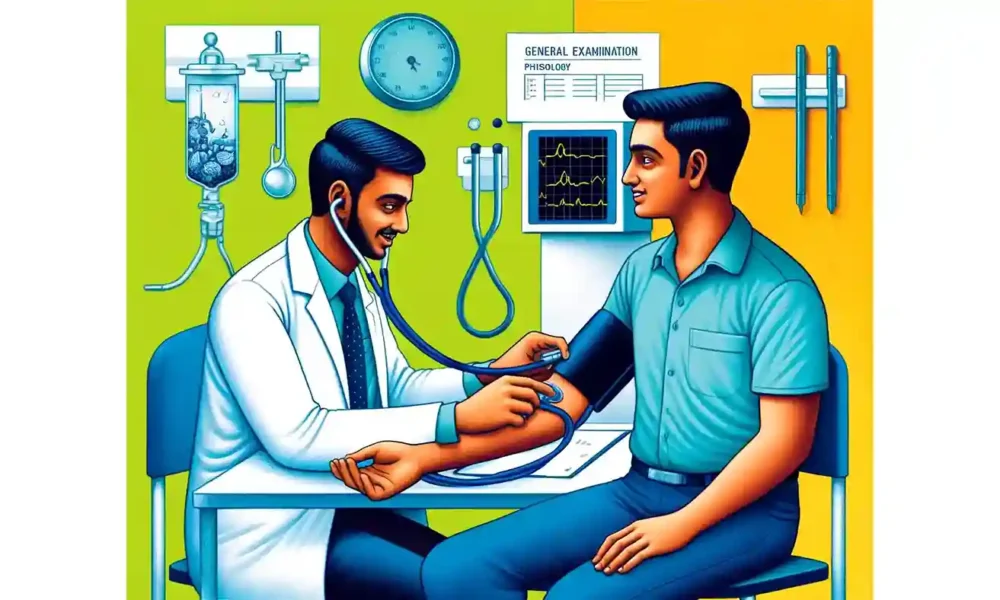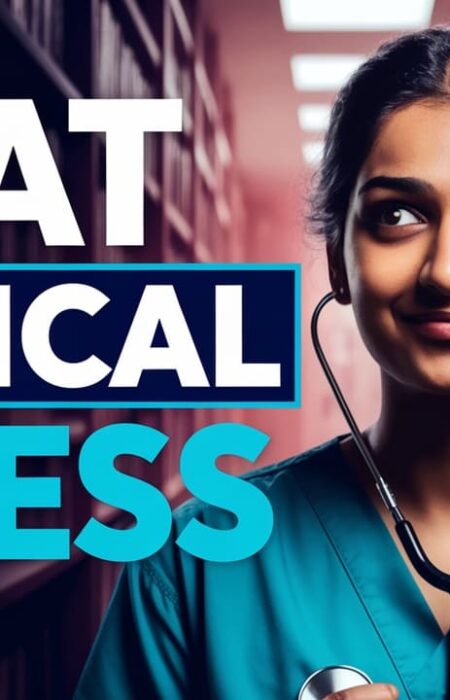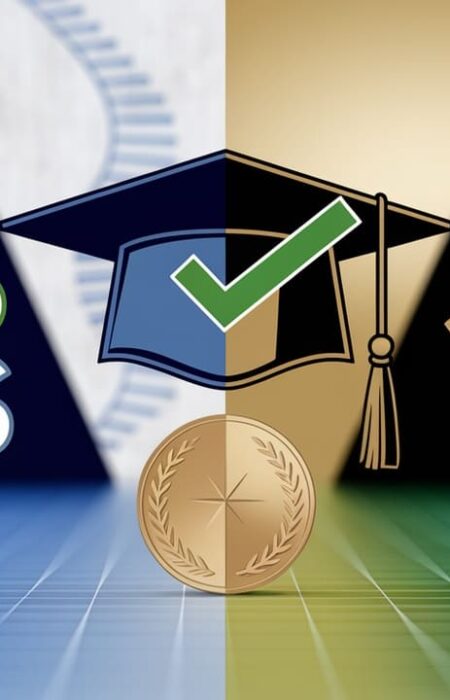How Many Subjects Are Taught in MBBS?
Hello future doctors. MBBS is surely one of the most challenging undergraduate degrees. But honestly, it is also as interesting as it gets. The curriculum covers everything from the basics about the human body to the most intricate surgeries.
In this article, we are going to discuss the subjects taught in MBBS. I will give you a basic idea of what each subject is about. Let’s go ahead and dissect the 4.5 years of education.
Overview of the MBBS Curriculum
The MBBS curriculum in India is divided into three phases of education.
The ‘clinics’ are another way of talking about the hands-on teaching experience. It is the application of the read up knowledge. Obviously, a student won’t directly be thrown into clinics. They go through some extensive study and observation before practicing the skills by themselves. Thus, based on this idea, the three phases are as given below:
- Pre-Clinical Phase (First Year)
- Para-Clinical Phase (Second Year)
- Clinical Phase (Third to Final Year)
Each of these phases of education includes a few subjects each. They are covered in depth before a medical student is licensed to practice.
1. Pre-Clinical Phase (First Year)
The subjects taught in this phase lay the foundation to medicine. They help students understand the basic structure and function of the human body. This is necessary to know to understand if something is wrong with the body.
Anatomy

- Overview: Anatomy is the study of the structure of the human body. The study of gross anatomy (structures visible to the naked eye), microscopic anatomy (histology), the development of structures (embryology), genetics and basic introduction to fractures is included in this subject. Anatomy practicals include dissection, viewing slides under microscope and understanding Embryology Models.
- Significance: Knowledge of anatomy is needed for understanding how the body is laid out. This information is essential for surgery and other medical procedures.
Physiology
- Overview: Physiology will teach you how the body functions normally. You will learn all the basic clinical examinations, including the general examination of vitals like Blood Pressure.
- Significance: You need to understand the normal function to identify the malfunctions. So physiology forms the basis of all medicine.
Biochemistry
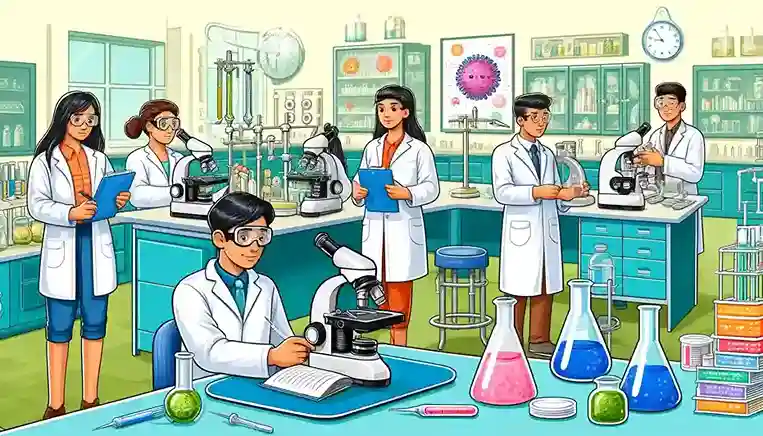
- Overview: Biochemistry is the study of chemical processes within us.You will have to memorize the entire process of metabolism of macromolecules. Other included topics are enzymology and molecular biology.
- Significance: Biochemistry will help you understand the molecular mechanisms of diseases. It will also help in Pharmacology, when you learn the biochemical basis of drug action.
2. Para-Clinical Phase (Second Year)
The para-clinical phase forms the bridge between basic sciences and clinical subjects. It will give you an orientation of the clinical world before you actually get into it. In my opinion, this is the beginning of the fun.
Pathology
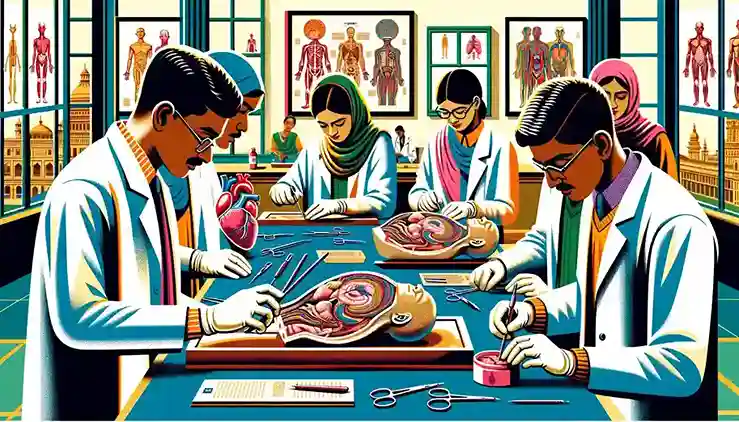
- Overview: Pathology is the study of diseases, their causes, processes, development, and consequences. It is a very important subject. The standard book for pathology: Robbins and Cotran Pathologic Basis of Disease, is one of the must-reads of MBBS life.
- Significance: Pathology is the base to diagnosis. There is a reason that 2nd year is longer. The second year subjects need time to learn and remember.
Microbiology
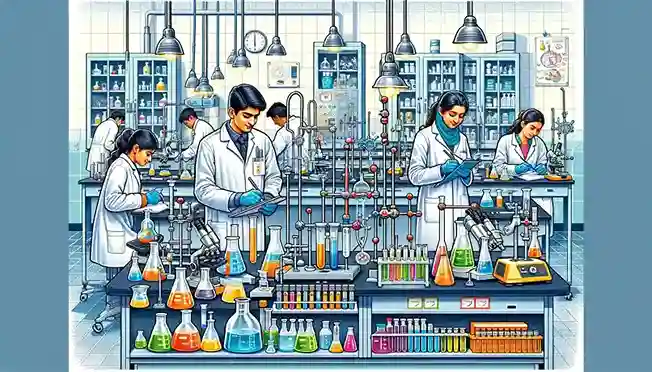
- Overview: Microbiology is the study of microorganisms, including bacteria, viruses, fungi, and parasites. You will learn the diseases of the regional context in much more detail.
- Significance: Microbiology is again a very important base for diagnosis. Any infectious disease has its core in microbiology. It is easier than Pathology or Pharmacology, but that does not mean it is of any less significance.
Pharmacology
- Overview: Pharmacology is the study of drugs, their actions, uses, and effects on the human body. You will get to know about all the drugs that humans have invented or discovered yet and also where they are used.
- Significance: Pharmacology is the last leg of the basics. These basic subjects then come together to form most of medicine.
Forensic Medicine
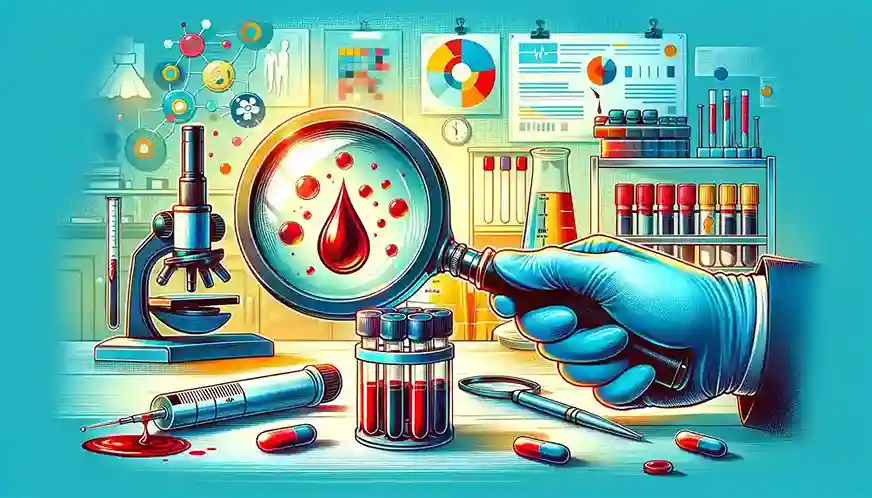
- Overview: Forensic medicine deals with the application of medical knowledge to legal issues. You will learn about the rights of doctors, the rights of patients and important legal concepts such as medical negligence and jurisprudence.
- Significance: It is an important subject when we think about real-life practice. You need to know the legalities about what you do, to make sure that you do not commit an offense or ignore the rights of the patient. Getting equipped with this knowledge is an important part of an all rounded doctor.
Community Medicine
- Overview: CM or PSM (Preventive and Social Medicine) will teach you about the health of populations. It will surely involve a lot of number and calculations especially in topics like Biostatistics.
- Significance: All in all, it aims to improve public health. A med student might also find CM concepts useful while conducting research and studies.
3. Clinical Phase (Third to Final Year)
After the grueling first two years of medicine where the preclinical and paraclinical phases are completed, you move on to the clinical phase. This phase involves hands-on training and practical exposure.
Even though clinical postings start from second year in most colleges, the actual involvement and understanding fully begins in third year. Students rotate through different departments where they can observe and participate.
General Medicine
- Overview: General medicine is a compilation of all that you have learned before: Diagnosis and Management.
- Significance: It is the essence of healthcare.
General Surgery
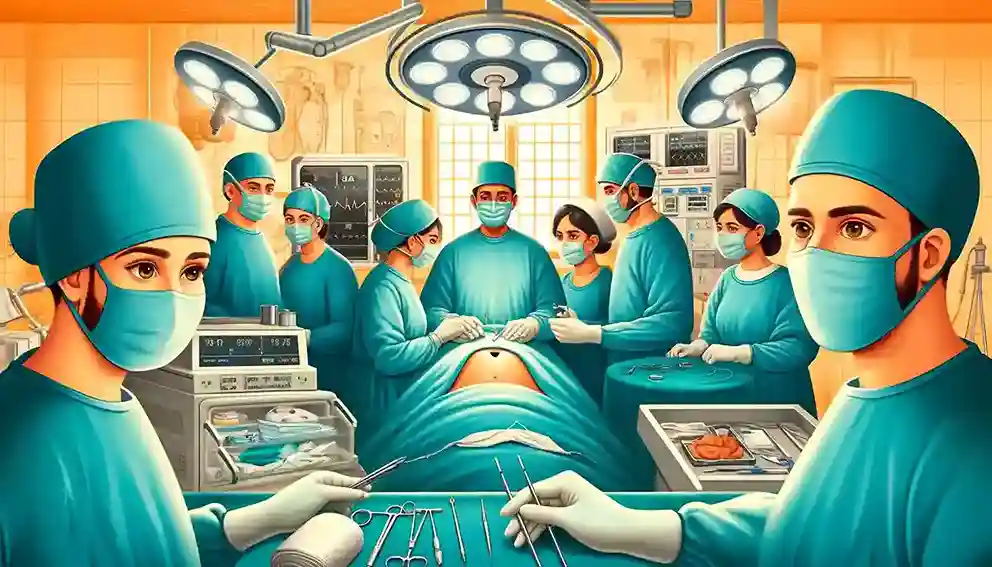
- Overview: General surgery involves the treatment of surgical conditions.
- Significance: Surgery is a complex process. It does not just include the process of surgery, it also includes pre-operative, operative, and post-operative care. Along with these the complications, precautions, and contraindications are also taught to students.
Pediatrics
- Overview: Paediatrics deals especially with the medical care of infants, children, and adolescents.
- Significance: It covers the growth and developmental disorders as well as infectious diseases specific to children. It has links to Biochemistry.
Obstetrics and Gynecology
- Overview: This subject covers the female reproductive system in detail. It focuses on pregnancy, abortion, labour, delivery, prenatal care, antenatal care and postnatal care. It also teaches diagnosis and treatment of gynaecological conditions.
- Significance: It teaches all rounded women-care to students. OBGYN is also needed to teach family planning and contraceptives.
Orthopedics
- Overview: Orthopaedics teaches the diagnosis and treatment of musculoskeletal system disorders.
- Significance: It includes fractures, joint disorders, and spinal conditions. It has links to anatomy.
Ophthalmology
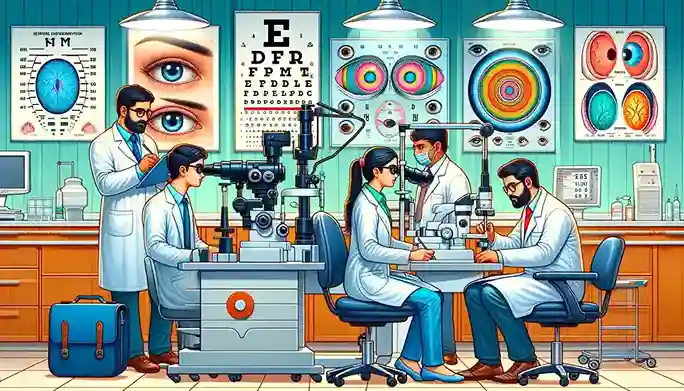
- Overview: Ophthalmology is the study of eye diseases and their treatment.
- Significance: It covers vision disorders, eye surgeries, and preventive eye care.
Otorhinolaryngology (ENT)
- Overview: ENT deals with diseases and disorders of the ear, nose, and throat.
- Significance: It includes the simplest procedure like removing ear wax to very complex surgeries like tympanoplasty.
Dermatology
- Overview: Dermatology involves the study of skin diseases and their treatment.
- Significance: It covers conditions like eczema, psoriasis, and skin cancers.
Psychiatry
- Overview: Psychiatry teaches the diagnosis and treatment of mental health disorders.
- Significance: In the age of mental health problems, psychiatry is of growing importance. The diagnosis of everything from anxiety disorders to clinical depression comes under psychiatry.
Radiology
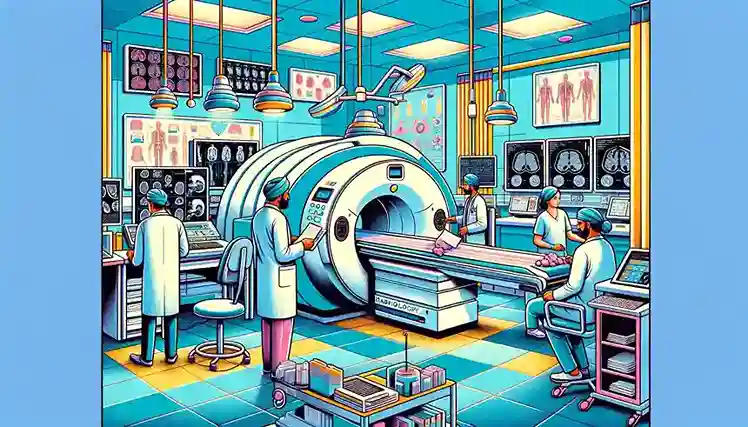
- Overview: Radiology is the use of imaging techniques like X-rays, CT scans, and MRIs for diagnosis of different conditions.
- Significance: It is essential for accurate diagnosis and treatment planning.
Anesthesiology
- Overview: Anaesthesiology deals with the administration of anesthesia and pain management.
- Significance: It includes pre-operative, intra-operative, and post-operative care.
Conclusion
As you can see, MBBS is an extensive curriculum. It includes the complete study of the human body, the study of diseases and their treatment. Along with this, ethics and communication are also an important part of medical education.
These subjects total for 4.5 years of education. Then comes the internship year. It is a long journey, no doubt. But also, the subjects and their complexity explain why the journey is as long as it is.
That’s all for this article.
